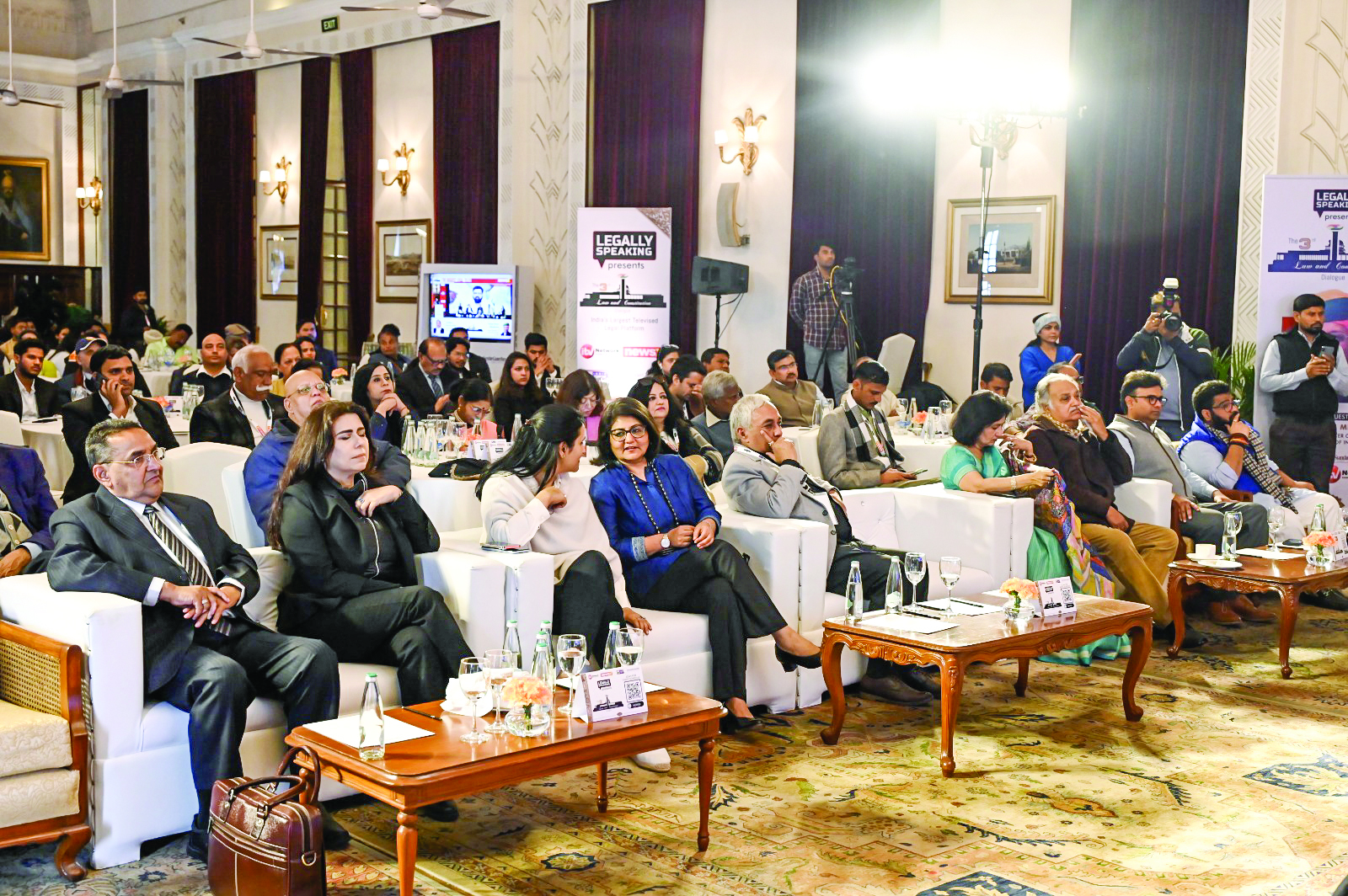The government is mulling to decriminalize several offences which would be a step in the direction of achieving the much coveted goal of attracting more domestic and foreign investment by promoting ease of doing business. For attracting foreign as well as domestic investments, it is necessary that the policies and laws of a nation should be business friendly without any harassment for minor lapses or breach of rules that can be otherwise easily rectified.
The Ministry of Finance on 8th June 2020 has issued a statement of reason for ‘Decriminalization of Minor Offences For Improving Business Sentiment And Unclogging Court Processes’. It states that the risk of imprisonment for actions or omissions that aren’t necessarily fraudulent or the outcome of malafide intent is a big hurdle in attracting foreign investments. The ensuing uncertainty in legal processes and the time taken for resolution in the courts hurts ease of doing business. Criminal penalties including imprisonment for minor offences act as deterrents, and this is perceived as one of the major reasons impacting business sentiment and hindering investments both from domestic and foreign investors. This becomes even more pertinent in the post COVID19 response strategy to help revive the economic growth and improve the justice system.
Offence under Section 138 & 143(1) of the Negotiable Instruments Act, 1881
The offences under Section 138 and 143(1) of the Negotiable Instruments Act, 1881 are also proposed to be decriminalized. Initially the only remedy in case of dishonour of cheques was to file a civil suit. However, civil suits normally drag for years in the courts and also do not provide the requisite deterrent. Hence dishonor of cheque was made an offence in the year 1988, with the insertion of Chapter XVII in the Negotiable Instruments Act, 1881. The person issuing the dishonored cheque can be punished with imprisonment up to 2 years or with fine, which may extend to twice the amount of the cheque or with both. The legislative intent behind this move was to ensure faith in the efficacy of banking operations and improve the credibility of cheques as a mode of payment. It was to provide a strong criminal remedy in order to deter people from issuing cheques that will be eventually dishonoured and also to ensure compensation to the complainant. The newly inserted S. 143- A also provides for interim compensation to the complainant.
Cheque is a common mode of payment and also ensures accountability of income. In order to ensure the credibility of cheques, it is necessary that there should be some deterrent of punishment in mind of the person issuing the cheque, so that they would ensure that the cheques issued by him is duly honoured and does not get bounced. There are many transactions done on credit with post-dated cheques given for payment or as a security. Removing the criminal remedy will seriously affect the credibility of cheques and in turn affect the economy. With no fear of punishment, the offenders may recklessly issue cheques, cheat people and then may gladly defend the civil suits for several years in the court. The confidence in the cheque transaction will be lost and people may then prefer to do transactions in cash and would be reluctant to accept cheques.
The All-India Bank Employees Association (AIBEA) has opposed to the government’s proposal to decriminalize the offence of dishonor of cheque. Instead, it has suggested that monetary limits be fixed for cheque bounce cases to attract criminal prosecutions. The proposal of decriminalization of cheques has met with strong resistance from many corners .
Decimalization of such offences might actually misfire, as the sanctity of cheques may not be intact anymore. It is necessary that dishonor of cheque remain an offence punishable with imprisonment and fine. For the business sector, it is important that the cheque transactions maintains its credibility which may not be possible without there being a deterrence of punishment for the drawer of the cheque, in case the cheque is bounced. If the deterrent is taken away then instead of moving forward in the direction of promoting the ease of doing business, it may well prove to be a step backwards. Although decriminalizing the offence of dishonor of cheque has its advantages, however the cons certainly outweigh the pros.
It is crucial to understand that the problem does not arise with criminalization of a cheque dishonoring that discourages foreign investments but the time it takes to give justice to this crime. Hence, the solution does not lie in decimalization of the offence but rather in making the Judicial process more effective, efficient and expedite the process of recovery. In order to do so I would like to suggest a few reforms. Firstly it is not unknown that our courts are perpetually facing a shortage of judges, the ratio of the number of case per judge is bizarre, so the Ministry should instead work towards increasing the number of Magistrates and establishing special courts to lower the burden on the current judges and expedite the process. Also, many a times judges spend their time in hearing applications for adjournments or other concerns which does not need a judge’s expertise, such hearings can be delegated to designated court officials and can allow judges to hear cases which need their expertise. Secondly, adapting from the American court system, “quality over quantity”; the number of cases heard by a judge in a day can be reduced. Hearing over hundred cases a day and reaching to no conclusion renders the entire process futile thus it will be more effective if the number of cases are reduced per day and the time taken to hear each case is increased which will help yield justice faster. Lastly, the crime of cheque bouncing is very unique and quasi-criminal in nature, so instead of succumbing to technicalities courts should use innovative methods to approach this problem. For example, Magistrates can take suo moto action and a four hearing procedure could be followed. If the accused does not show up at the first hearing, a non-bailable warrant must be issued. At the second hearing the accused must show cause and file a defence. At the third hearing, cross examination should be conducted. At the fourth hearing arguments should take place after which a judgment must follow.
Further, Section 139 of the Negotiable Instruments Act, 1881 mandates that unless the contrary is proved, it is to be presumed that the holder of a cheque received the cheque of the nature referred to in Section 138 of the aforesaid Act, for the discharge, in whole or in part, of any debt or other liability. This presumption is rebuttable by the accused by leading cogent evidence that there was no debt or liability. Once such rebuttal evidence is adduced and accepted by the court the evidential burden shifts back to the complainant. In this regard, it has to be noted by the Courts that the accused is given an opportunity twice to prove his innocence, first when the bank informs him about insufficiency of funds, and the second time he can raise his defence at the time of notice served under Section 138 of the Act. If he fails to do so, then the Court should presume that he is guilty and start process forthwith. In case of false cases, heavy costs should be imposed on the complainant.
This entire discussion makes us rethink this proposal of the Ministry, brainstorm on innovative solutions and makes us question “Are we moving in the right direction?”
Krrishan Singhania, Managing Partner & Founder of K. Singhania & Co.












